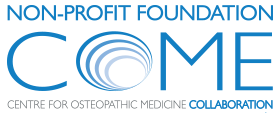Cross-cultural adaptation and psychometric properties of the Italian version of the Body Perception Questionnaire
Abstract –Background/Objective
The purpose of this study was to cross-culturally adapt the Body Perception Questionnaire Short Form (BPQ-SF) into Italian and to assess its psychometric properties in a sample of Italian subjects.
Methods
A forward-backward method was used for translation. 493 adults were recruited for psychometric analysis. Structural validity was assessed with confirmatory factor analysis and a hypothesis testing approach. Internal consistency was assessed by Cronbach’s alpha and McDonald’s omega. Measurement invariance analysis was applied with an age-matched American sample.
Results
The single-factor structure fit the awareness subscale (RMSEA = .036, CFI = .983, TLI = .982). Autonomic reactivity (ANSR) was well-described by supra- and sub-diaphragmatic subscales (RMSEA = .041, CFI = .984, TLI = .982). All subscales were positively correlated (r range: .50-.56) and had good internal consistency (McDonald’s Omega range: .86-.92, Cronbach’s alpha range: .88-.91). Measurement invariance analysis for the Awareness model showed significant results (p<0.001) in each step (weak, strong and strict) whereas the ANSR showed significant results (p<0.001) only for the strong and strict steps.







